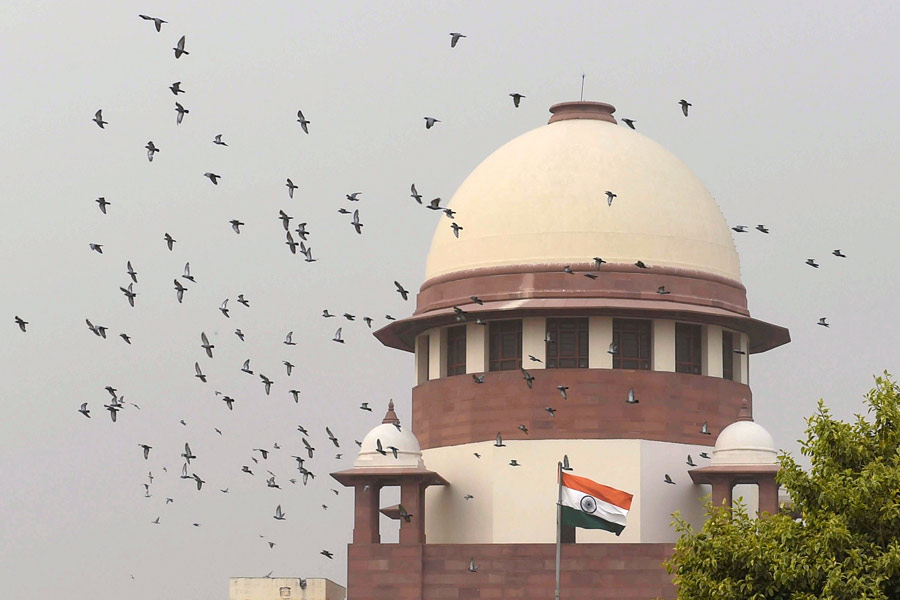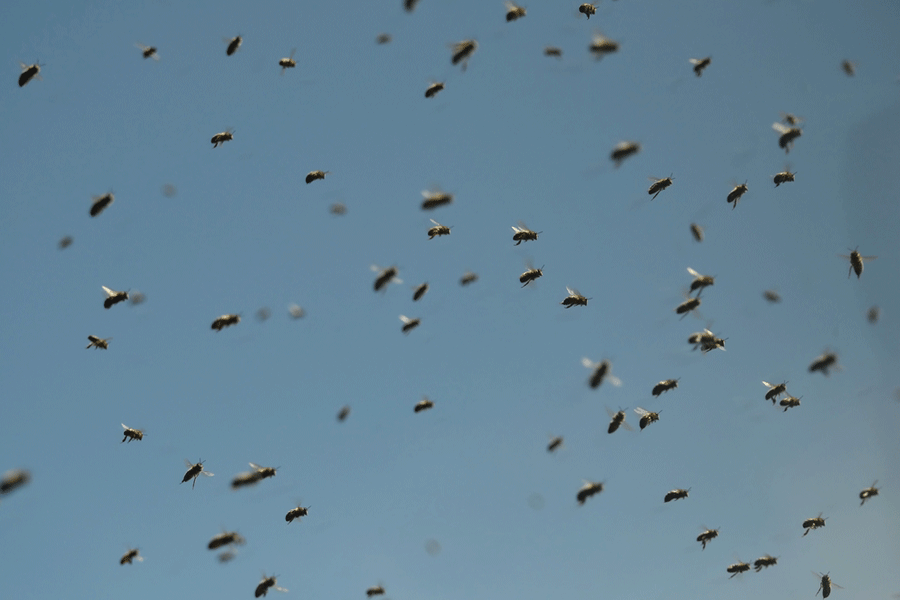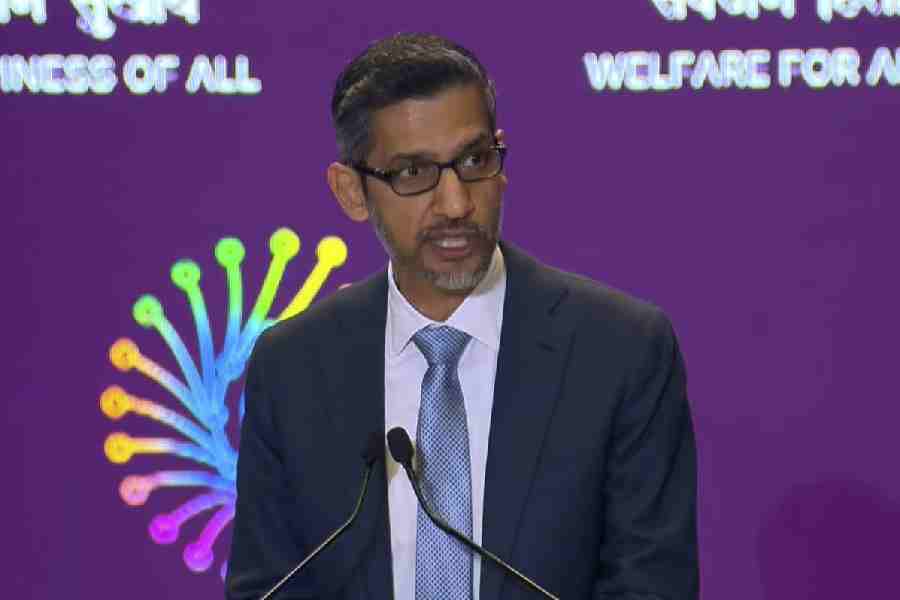Guwahati: A report by Nazdeek, a legal empowerment organisation, on Monday said government interventions meant to combat anaemia and reduce maternal mortality among Adivasi women in the tea plantations of Assam have failed to reach the beneficiaries.
The report, A Matter of Life and Death: Surviving Childbirth on Assam's Tea Plantations, sheds light on the multiple gaps in the government's health interventions meant for marginalised Adivasi women who face oppression and exploitation and are unable to exercise their right to safe motherhood.
"There are various health services mandated by law to combat anaemia and reduce maternal mortality but they are not available to the women on the ground. Free nutritional supplements that are vital for women during pregnancy and are mandated for them under government scheme are not being disbursed to any pregnant women in the state. The poor access to health and nutrition are further exacerbated by poor wages and exploitative working conditions in tea plantations," said executive director and co- founder of Nazdeek, Jayshree Satpute.
Key findings of the report show that there is poor and inaccurate understanding of anaemia and its causes among many health workers and government officials, availability of free nutritional supplements at the Anganwadi centres is sporadic and insufficient due to major gaps in funding disbursement and the existing blood procurement system erects barriers to women's health and negatively affects poorer patients.
A member of All Adivasi Women's Association of Assam, Mary Surin Tete, said, "Major gaps exist in securing ambulances for women during pregnancy. In some cases, the ambulance takes so long to arrive that the woman delivers the baby while waiting."
"There is an urgent need for more resources in blood banks across the state and investment in blood donation programmes. Inadequate maternal health care is killing women and children in the state's tea plantations," said author and lead researcher of the report, Simran Sachdev.
The report contains recommendations on how to strengthen services towards reducing anaemia and maternal mortality. Assam has the highest maternal mortality rate in India with 363 maternal deaths per one lakh live births.










